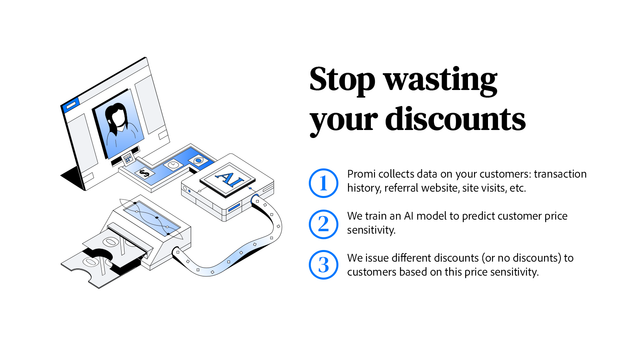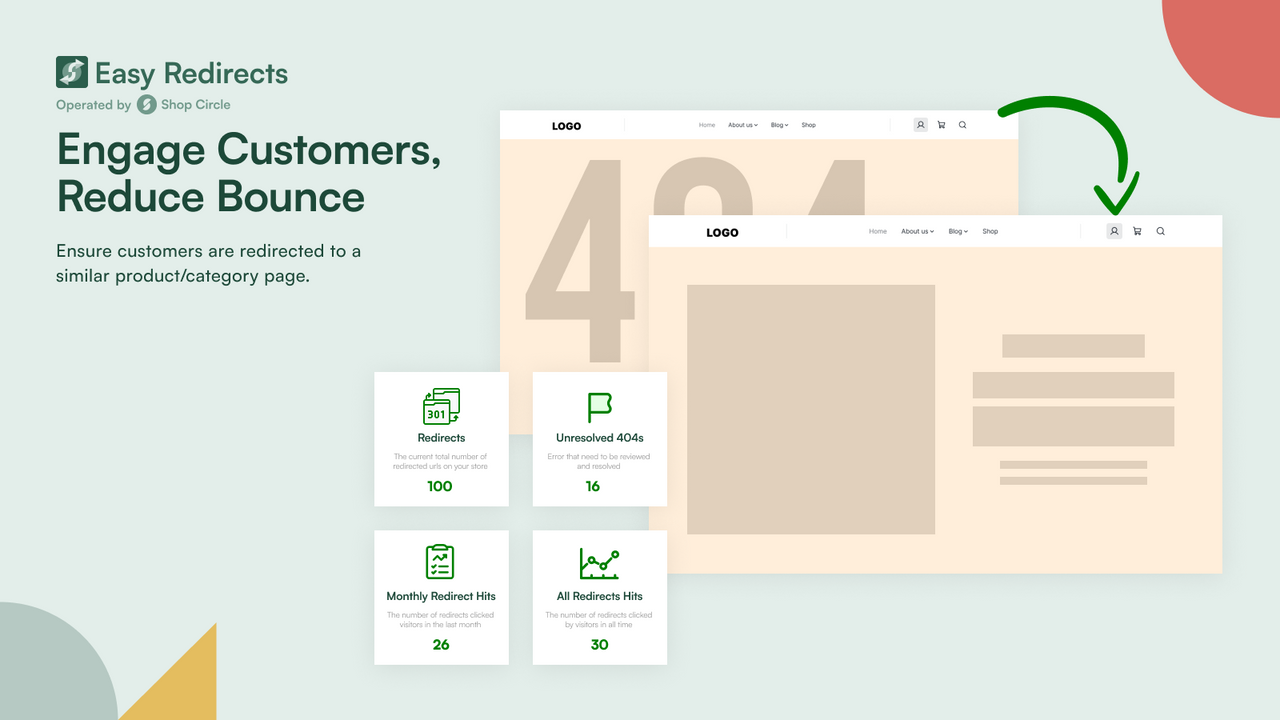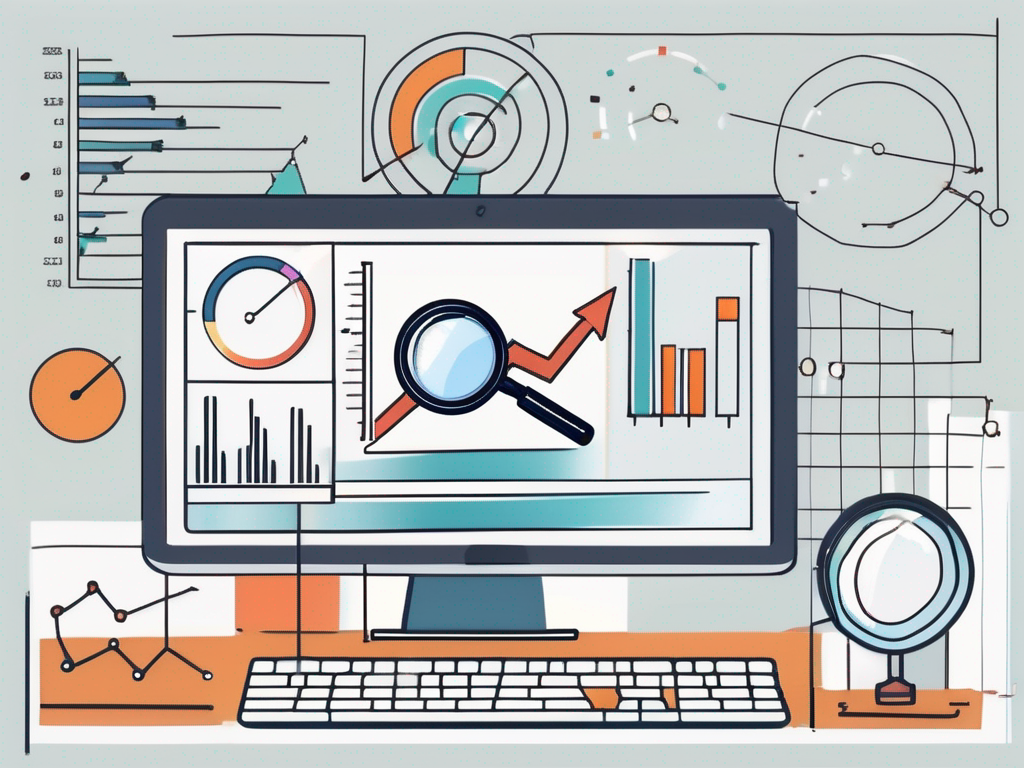The General Data Protection Regulation (GDPR) was implemented in May 2018 as a comprehensive privacy law to protect the personal data of European Union (EU) citizens. For businesses operating within the EU or dealing with the personal data of EU citizens, it is essential to understand and comply with the regulations set by GDPR. This article aims to provide you with top GDPR compliance tips to ensure that your business is following all the necessary regulations and protecting the privacy of your customers.
Understanding the Basics of GDPR
What is GDPR?
The General Data Protection Regulation (GDPR) is a regulation introduced by the EU to strengthen the data protection rights of individuals. It applies to businesses that collect, process, or store personal data of EU citizens, regardless of the location of the business.
GDPR not only focuses on personal data such as names, addresses, and identification numbers but also includes online identifiers such as IP addresses and cookies. This broad scope ensures that individuals have control over their personal information and how it is used by organizations.
Why is GDPR Important for Your Business?
Compliance with GDPR is crucial for businesses to earn the trust of their customers and avoid hefty fines. The regulation aims to ensure transparency, fairness, and security in the handling of personal data.
By implementing GDPR requirements, businesses can enhance their data management practices, leading to improved data security and reduced risk of data breaches. This not only protects the privacy of individuals but also helps companies build a positive reputation and maintain a competitive edge in the market.
Key Principles of GDPR Compliance
General Data Protection Regulation (GDPR) is a comprehensive set of rules designed to protect the personal data of individuals within the European Union. Compliance with GDPR is crucial for businesses that handle personal data to ensure the privacy and rights of individuals are respected.
Lawfulness, Fairness, and Transparency
All data processing activities must have a legal basis. This means that businesses need to have a legitimate reason for collecting and processing personal data, such as fulfilling a contract or obtaining explicit consent from the individual. Transparency is also key, as businesses must inform individuals about the purposes for processing their data and how it will be used. Fairness dictates that the processing of personal data should not cause harm to the individual and should be done in a way that respects their rights.
Purpose Limitation and Data Minimization
One of the fundamental principles of GDPR is purpose limitation, which means that personal data should only be collected for specified, explicit, and legitimate purposes. This principle ensures that businesses do not use personal data for purposes that are incompatible with the original reason for collection. Data minimization is closely related and requires that businesses only collect data that is necessary for the intended purpose. This helps reduce the risk of data breaches and unauthorized access to personal information.
Steps to Ensure GDPR Compliance
Conducting a Data Audit
Start by understanding what personal data your business collects, how it is stored, and who has access to it. Conduct a comprehensive data audit to identify any gaps or vulnerabilities in your data processing practices.
During the data audit process, it is crucial to document all the types of personal data you collect, the purposes for which it is processed, and the legal basis for processing. This documentation will not only help you understand your data flows better but also assist you in demonstrating compliance with GDPR requirements.
Implementing Privacy by Design
Privacy by Design (PbD) is a key principle of GDPR. It involves integrating data protection measures into the design and development of your products, services, and business processes. Implement privacy-enhancing technologies and practices from the start.
When implementing Privacy by Design, consider conducting Data Protection Impact Assessments (DPIAs) for high-risk processing activities. DPIAs help in identifying and mitigating risks to data subjects' rights and freedoms, ensuring that your data processing activities are compliant with GDPR principles.
The Role of a Data Protection Officer
With the increasing focus on data privacy and security, the role of a Data Protection Officer (DPO) has become crucial for organizations handling personal data. Apart from being a legal requirement under the General Data Protection Regulation (GDPR) for certain businesses, a DPO plays a pivotal role in safeguarding individuals' data rights and ensuring compliance with data protection laws.
When is a DPO Required?
Appointing a Data Protection Officer (DPO) is mandatory for certain businesses under GDPR. You need to designate a DPO if you engage in large-scale processing of personal data, process sensitive data, or are a public authority. The DPO serves as a key figure in overseeing data protection strategies and practices within an organization, ensuring that data processing activities are carried out in a transparent and lawful manner.
Responsibilities of a DPO
A DPO is responsible for ensuring GDPR compliance within the organization. They monitor data protection activities, provide guidance, and act as a point of contact for individuals and supervisory authorities. In addition to these core responsibilities, a DPO also conducts regular audits, risk assessments, and data protection impact assessments to identify and mitigate any potential privacy risks.
Handling Data Breaches Under GDPR
Reporting a Data Breach
If your business experiences a personal data breach that poses a risk to individuals' rights and freedoms, you must report it to the appropriate supervisory authority within 72 hours. Failure to comply with this requirement can result in significant penalties.
When reporting a data breach, it is crucial to provide specific details, such as the nature of the breach, the categories and approximate number of individuals affected, the likely consequences of the breach, and the measures taken or proposed to address the breach. Transparency and prompt communication are key in maintaining trust with both the supervisory authority and the individuals impacted.
Preventing Future Data Breaches
Implement robust security measures, such as encryption, access controls, and regular vulnerability assessments, to prevent data breaches. Train your employees on data protection practices and establish incident response plans to handle potential breaches effectively.
Regularly reviewing and updating your security measures is essential in the ever-evolving landscape of cybersecurity threats. Conducting regular audits and assessments can help identify vulnerabilities and areas for improvement. Additionally, staying informed about the latest data protection trends and technologies can empower your organization to proactively mitigate risks.
Ensuring GDPR compliance should be a top priority for any organization dealing with personal data. By understanding the basics of GDPR, following the key principles, and taking necessary steps, you can establish a strong foundation for data protection and build trust with your customers. Remember to always stay updated with any changes and consult legal experts, if needed, to ensure full compliance.
Now that you're equipped with the knowledge to ensure GDPR compliance and safeguard your customers' data, it's time to take your Shopify store to the next level with OwlMix. Let Owlfred, our wise mascot, guide you through our extensive directory of innovative Shopify apps tailored to enhance your online business. Whether you're looking to improve customer service, streamline your marketing efforts, or secure your store's data, we have the tools you need. Find your next Shopify app with OwlMix and elevate your e-commerce experience today!

















